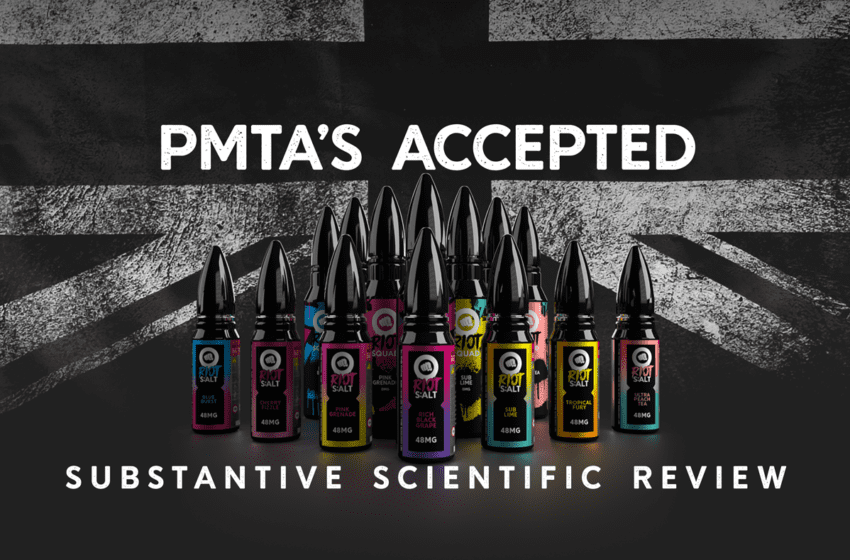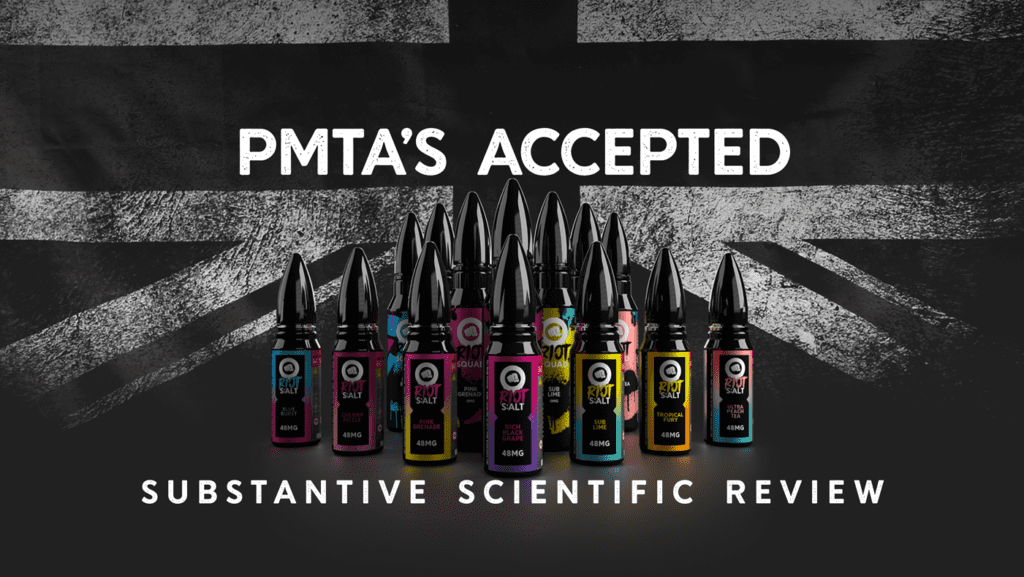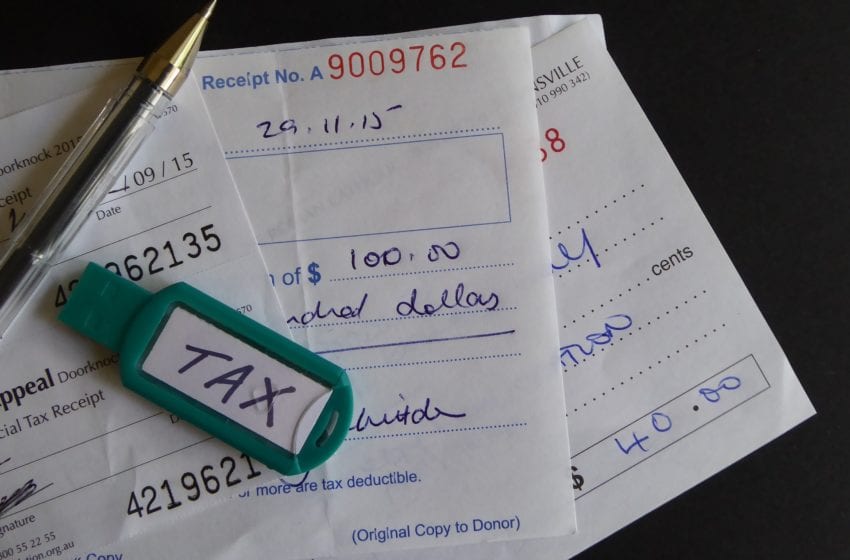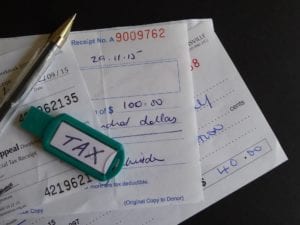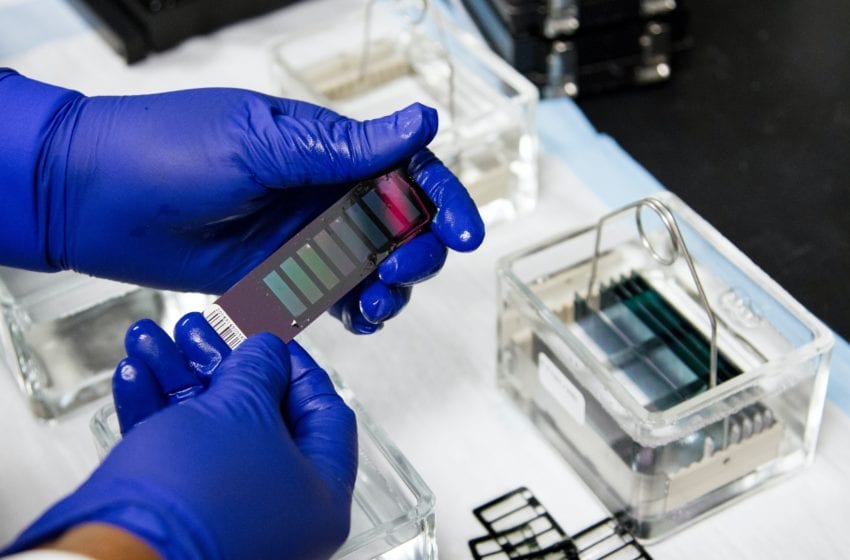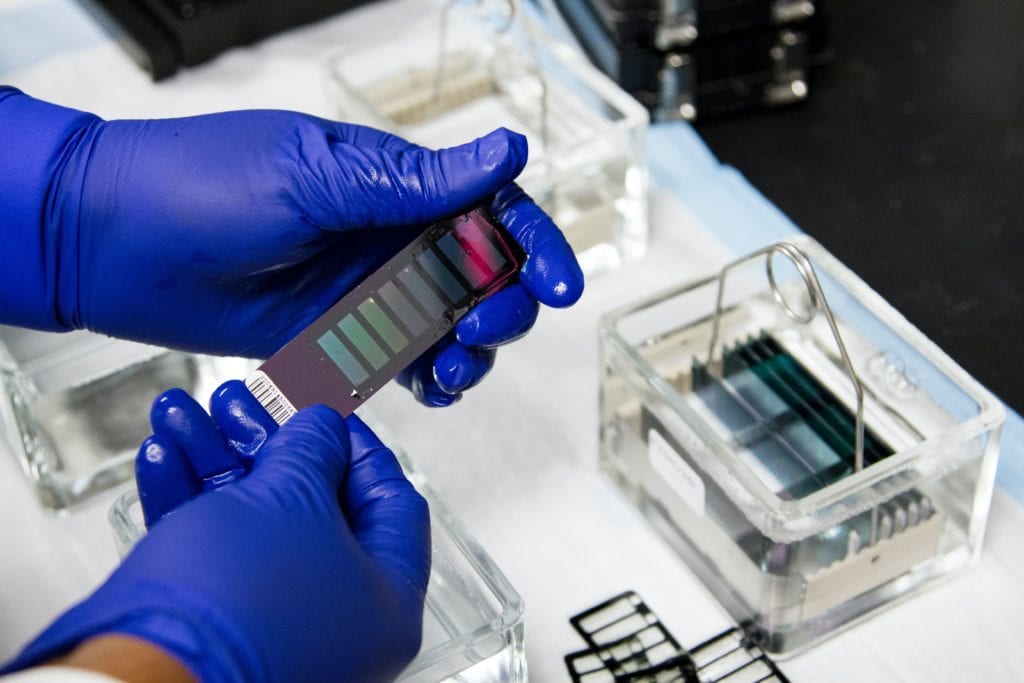Internet vape shop sales are facing fines as the U.S. state of Washington investigates online e-cigarette retailers. Washington’s Attorney General Bob Ferguson announced the results of a dragnet that caught five companies caught violating Washington’s age verification law, yesterday. Those fines amount to a total of $132,000 to the Attorney General’s Office, which will go toward continued enforcement of the law, according to a press release.
The five companies also entered into legally binding agreements with the agency to change their advertising and online sales practices to comply with Washington’s youth access law. The Attorney General’s Office says it “has or will” file lawsuits against two more companies for the same issues.

For the investigation, the agency assembled a list of 148 online vapor product retailers. Investigators then posed as minors or used false identifying information and attempted to make purchases of nicotine-containing vapor products. “Washington’s law requires stringent age verification for online sales of vapor products. For example, vapor product sellers must verify the buyer’s age using a third-party service to crosscheck and confirm the buyer’s identity,” the release states. “Seven of the 148 targets illegally sold products to the investigators without verifying the ages of the purchasers, including one that completed the sale even when the investigator indicated they were 17 years old.”
The sting caught two additional companies that failed to cooperate with the investigation, according to the release.
In order to sell vapor products to Washington residents, retailers must do the following:
- Clearly state Washington’s minimum legal age of purchase on their website;
- Use a third-party verification service to confirm the purchaser’s name, age, and residential address;
- The retailer then needs to verify the credit card information, and it has to match the information the purchaser provides;
- Then they have to get a signed certification from the purchaser, saying they are who they say they are, and they are of legal age to purchase vapor products;
- When the package ships, the shipping documents need to clearly state the package contains vapor products;
- And the package needs to contain information about Washington law regarding the purchase of vapor products by minors.
Many sites used an “age gate,” requiring visitors to either confirm they were of “legal smoking age,” or enter their birth date to confirm their age, according to the release. Investigators tried to enter a birth date for a 17-year-old into the age gate on each site. All but one rejected that attempted purchase.
If the investigators got rejected by the age gate, they entered a fake birth date indicating they were of legal age, and used fake identifying information to make their purchase. If a company was following Washington State law, this information “was impossible to verify, and they were not allowed to make a purchase,” according to the release.








